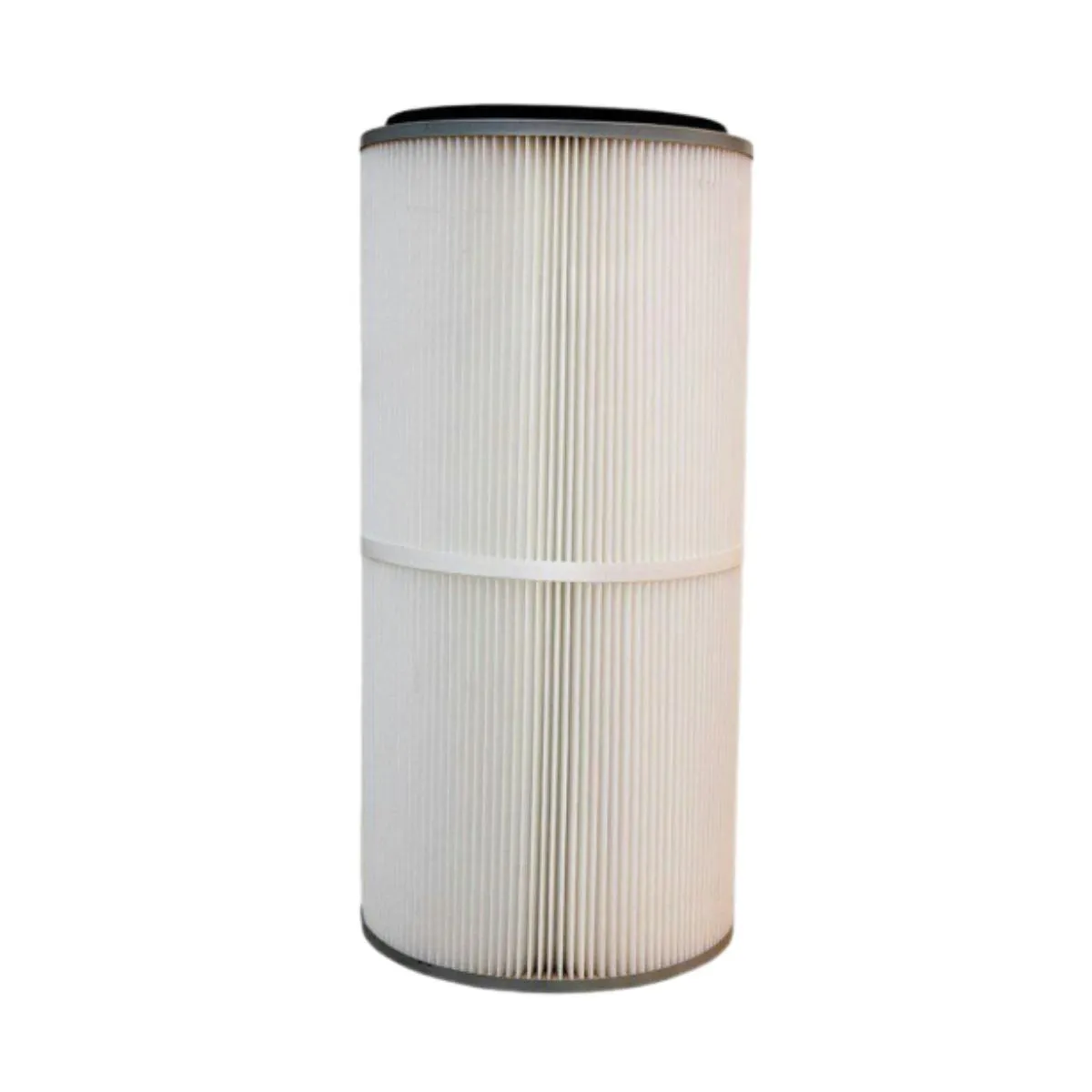 Tel:
+8615930870079
Tel:
+8615930870079
8월 . 13, 2024 01:24 Back to list
High-Performance Stainless Steel Filter Elements for Efficient Filtration Solutions in Various Industries
The Significance of Stainless Steel Filter Elements in Modern Filtration Systems
Stainless steel filter elements have become a vital component in various industrial applications, playing a crucial role in ensuring the efficiency and reliability of filtration systems. Their robust design and excellent material properties make them suitable for handling a wide range of fluids, including corrosive substances, high temperatures, and high pressures. This article aims to explore the significance of stainless steel filter elements, their advantages, applications, and future trends in the filtration industry.
Understanding Stainless Steel Filter Elements
Stainless steel filter elements are manufactured from high-quality stainless steel alloys, which provide outstanding resistance to corrosion and oxidation. These filter elements are designed to remove particles, contaminants, and impurities from fluids, thereby improving the overall quality of the output. The construction of these filter elements typically involves woven wire mesh, sintered metal powder, or expanded metal, each offering a unique filtration capability suited for specific applications.
Advantages of Stainless Steel Filter Elements
One of the main advantages of stainless steel filter elements is their durability. Unlike traditional filters made from paper or cloth, stainless steel filters can withstand harsh conditions, including extreme temperatures and chemical exposure. This durability leads to longer service life and reduced frequency of replacements, ultimately decreasing operational costs.
Another significant benefit is their ease of cleaning and maintenance. Stainless steel filters can be backflushed or cleaned with solvents, making them reusable and efficient. This capability not only extends their lifespan but also contributes to improved sustainability in industrial processes by minimizing waste associated with disposable filters.
Additionally, stainless steel filter elements provide excellent filtering capabilities. They can be engineered to achieve specific micron ratings, allowing for a tailored filtration process that meets stringent industry standards. This precision in filtration is particularly crucial in sectors such as pharmaceuticals, food and beverage, and petrochemicals, where product purity is paramount.
stainless steel filter element

Applications in Various Industries
The versatility of stainless steel filter elements allows them to be utilized across numerous industries. In the oil and gas sector, they are crucial for separating particulates from crude oil, ensuring the quality of the final product. In the food and beverage industry, these filters are essential for maintaining hygiene and safety standards by removing contaminants from liquids.
Moreover, the pharmaceutical industry relies heavily on stainless steel filter elements for sterile filtration processes, where the integrity of the product must be maintained. Additionally, in the water treatment sector, these filters play a significant role in removing sediments and impurities from water sources, ensuring clean and safe water for consumption.
Future Trends in Filtration Technology
As industries continue to evolve, the demand for more efficient and sustainable filtration solutions grows. The future of stainless steel filter elements is promising, driven by innovations in material science and engineering. Manufacturers are continuously exploring ways to enhance the performance and efficiency of these filters through advancements in design and production techniques.
Furthermore, the integration of smart technology into filtration systems is gaining traction. Sensors can be incorporated into stainless steel filter elements to monitor performance, detect blockages, and optimize cleaning schedules, thereby enhancing overall system efficiency.
Conclusion
Stainless steel filter elements are an indispensable part of modern filtration systems, offering a range of advantages such as durability, ease of maintenance, and exceptional filtering capabilities. Their applications span multiple industries, highlighting their versatility and importance. As filtration technology continues to advance, stainless steel filters will likely play an even more significant role in meeting the growing demands for quality and sustainability in various sectors.
-
Types and Applications of Air Filtration CartridgesNewsJul.28,2025
-
The Role of Gas Turbine FiltersNewsJul.28,2025
-
Mastering Air Filter Cartridge UseNewsJul.28,2025
-
Advanced Turbine Filters for Modern Gas TurbinesNewsJul.28,2025
-
Cellulose Air Filter Cartridge Advantages in Dust FiltrationNewsJul.28,2025
-
Cellulose Filters for Air Particle ReductionNewsJul.28,2025

 Email:
Email:





